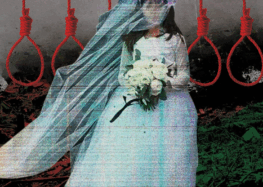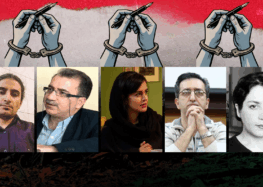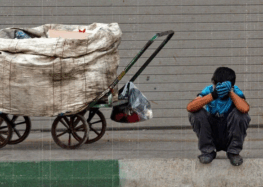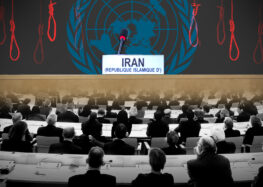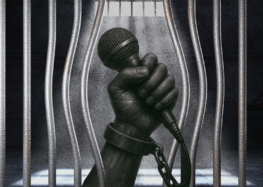Iranians Report Low Confidence in Justice System, Putting Iran 82nd of 99 Countries
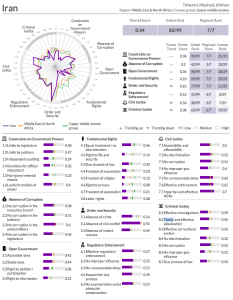
The World Justice Project’s 2014 Rule of Law Index for Iran (Source: World Justice Project; click to enlarge).
A new report by the World Justice Project indicates Iran’s ranking at 82 among 99 countries measured for what citizens think of their justice system. The WJP Rule of Law Index measures how the rule of law is experienced in everyday life around the globe. The ranking reflects both household surveys and expert surveys held for Iran in the cities of Tehran, Mashhad, and Isfahan.
With an overall score of .44, Iran ranked 82 among 99 countries, last among countries in the region. According to the WJP,
“The rule of law is a system of rules and rights that enables fair and functioning societies. The World Justice Project defines this system as one in which the following four universal principles are upheld:
- The government and its officials and agents as well as individuals and private entities are accountable under the law.
- The laws are clear, publicized, stable, and just; are applied evenly; and protect fundamental rights, including the security of persons and property.
- The process by which the laws are enacted, administered, and enforced is accessible, fair, and efficient.
- Justice is delivered [in a] timely [manner] by competent, ethical, and independent representatives and neutrals who are of sufficient number, have adequate resources, and reflect the makeup of the communities they serve.”
The above four principles are further developed in the nine factors of the WJP Rule of Law Index: constraints on government powers, absence of corruption, open government, fundamental rights, order and security, regulatory enforcement, civil justice, criminal justice, and informal justice, which measures how the rule of law is experienced by ordinary people in 99 countries around the globe.
Under Constraints on Government Powers, the participants were asked:
“Assume that a high-ranking government officer is taking government money for personal benefit. Also assume that one of his employees witnesses this conduct, reports it to the relevant authority, and provides sufficient evidence to prove it. Assume that the press obtains the information and publishes the story. Which one of the following outcomes is most likely?”
The Iranian participants responded:
The accusation is completely ignored by the authorities 18%
An investigation is opened, but it never reaches any conclusions 48%
The high-ranking government officer is prosecuted and punished (through fines, or time in prison) 35%
Under Civil Justice, participants were asked: “Please tell us how serious the following problems are in civil and commercial courts in the city where you live? (10 means a very serious problem),” and the participants responded:
| Duration of cases (they take too much time) | 6.2 |
| Inefficient enforcement mechanisms (judgments are difficult to enforce in practice) | 3.9 |
| Lack of enough judges or court personnel | 4.4 |
| Lack of adequate resources to do the job | 2.9 |
| Lack of adequate selection or training of judges and clerks | 6 |
| Lack of deterrents to prevent frivolous litigation | 3.3 |
| Inefficient alternative dispute mechanisms to resolve disputes outside the courts | 4.8 |
| Corruption of judges and judicial officers (they don’t move the cases unless the parties bribe them) | 3.6 |
| Insufficient monetary compensation (pay) for judges and court officers | 4.1 |
| Lack of mechanisms to track the efficiency of the courts | 5.3 |
| Lack of independence of the judiciary from the government’s power | 4.8 |


